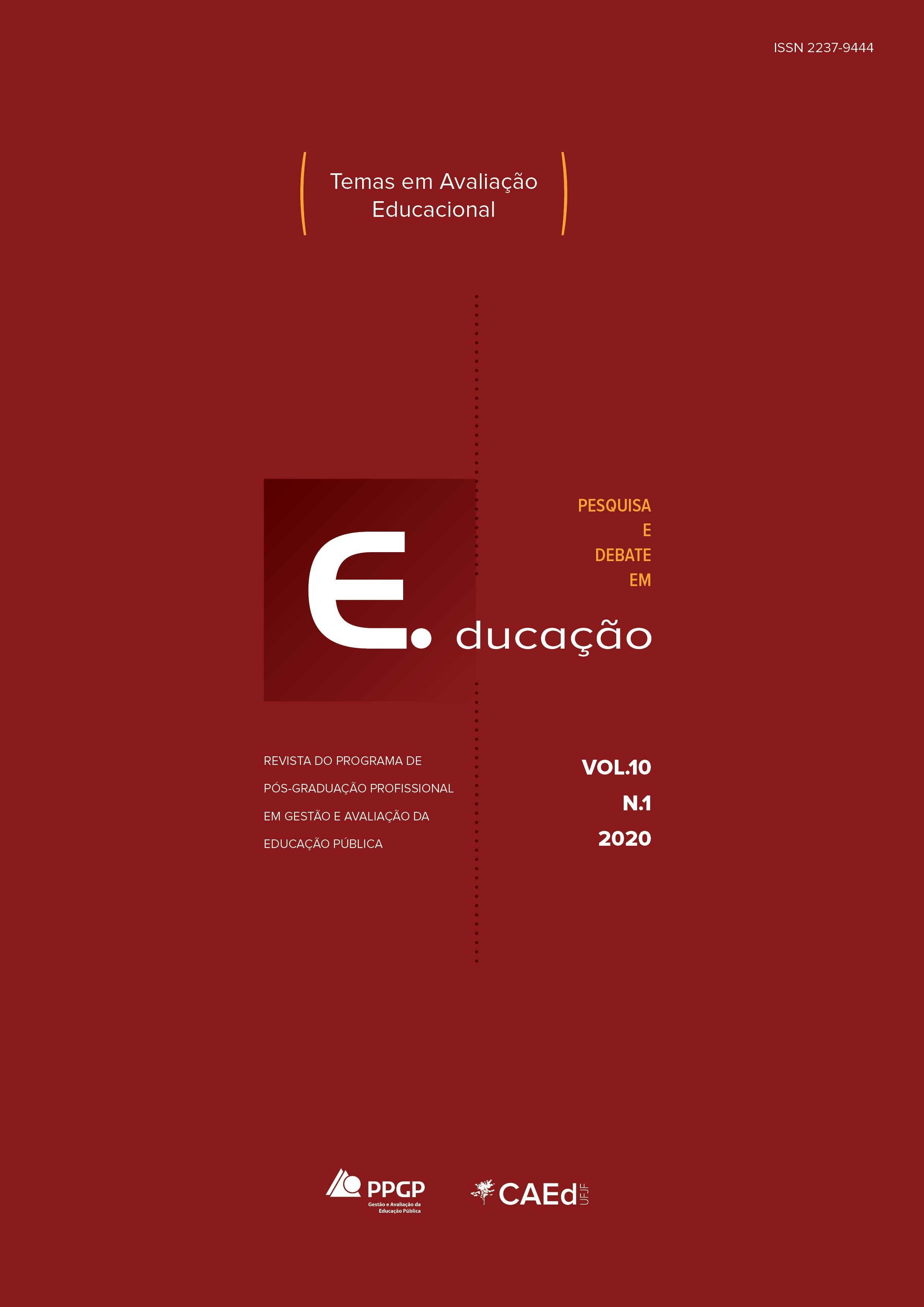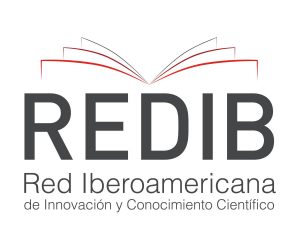Large-scale Portuguese language assessments
research on the complexity of texts that support items that assess reading
DOI:
https://doi.org/10.34019/2237-9444.2020.v10.32022Keywords:
Reading assessment, Large-scale Portuguese Language Assessment, Text ComplexityAbstract
This article discusses the complexity of texts that support large scale Portuguese Language assessment items, based on the results of a research in which 763 texts used in large scale Portuguese Language assessment items were analyzed. The research methodology consisted of item analysis supported by theories of cognition, textual linguistics, and the statistical parameters of the items based on the Item Response Theory, a three parameter model. Based on the research, four levels of text complexity were defined. The results point to the relevance of clear criteria for defining the complexity of texts in the elaboration of new items and for a more accurate description of performance standards based on the reading proficiency demonstrated by the students evaluated.
Downloads
References
BAKHTIN, M. Estética da criação verbal. São Paulo: Martins Fontes, 2003.
BRASIL. Base Nacional Comum Curricular (BNCC). Educação é a Base. Brasília, MEC/CONSED/UNDIME, 2017. Disponível em: 568http://basenacionalcomum.mec.gov.br/images/BNCC_publicacao.pdf. Acesso em: 10 dez. 2019.
BRASIL. Secretaria de Educação Fundamental. Parâmetros Curriculares Nacionais (PCNs): terceiro e quarto ciclos do ensino fundamental: Língua Portuguesa. Brasília: MEC/SEF, 1998.
BRASIL. Relatório SAEB 2017. Brasília, 2019. Disponível em: http://portal.inep.gov.br/informacao-da-publicacao/-/asset_publisher/6JYIsGMAMkW1/document/id/6730262. Acesso em: 10 dez. 2019.
KLEIMAN, A. Compreensão Leitora. In: Glossário CEALE. Disponível em: http://ceale.fae.ufmg.br/app/webroot/glossarioceale/verbetes/compreensao-leitora. Acesso em: 10 dez. 2019.
______. Texto e leitor: aspectos cognitivos da leitura. Campinas, SP: Pontes, 1989.
KOCH, I. G. V; TRAVAGLIA, C. Texto e Coerência. São Paulo: Cortez, 1989.
KOCH, I. G. V. O texto e a construção dos sentidos. São Paulo: Contexto, 1998.
______. A coesão textual. São Paulo: Contexto,1989.
OECD. PISA 2018. Assessment and Analytical Framework, PISA, OECD Publishing, Paris, 2019. Disponível em: https://doi.org/10.1787/b25efab8-em. Acesso em: 10 dez. 2019.
PRIMI, R. Psicometria: fundamentos matemáticos da Teoria Clássica dos Testes. Avaliação psicológica, 2012. Disponível em: http://pepsic.bvsalud.org/pdf/avp/v11n2/v11n2a15.pdf. Acesso em: 10 dez. 2019.
SMITH, F. Compreendendo a leitura: uma análise psicolinguística da leitura e do aprender a ler. Porto Alegre: Artes Médicas, 1991.
SOUSA, L. B. de; HÜBNER, L.C. Desafios na avaliação da compreensão leitora: demanda cognitiva e leiturabilidade textual. Revista neuropsicologia lationoamericana, 2014. Disponível em :https://www.neuropsicolatina.org/index.php/Neuropsicologia_Latinoamericana/article/view/237. Acesso em: 10 dez. 2019.




















